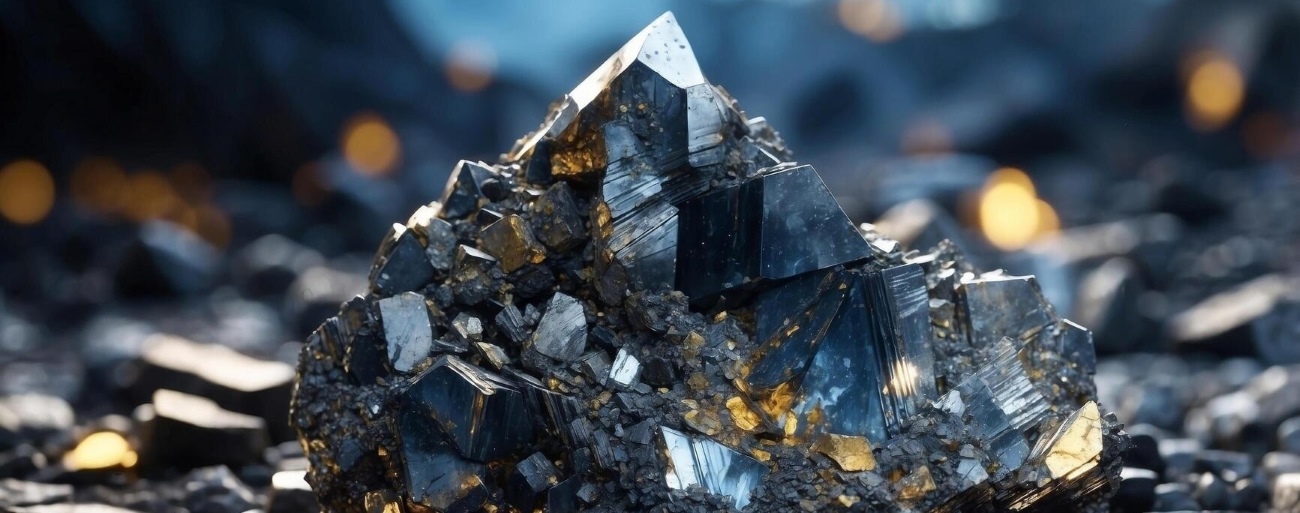
Are you looking to improve your zinc materials sourcing process? Whether you’re an experienced buyer or just starting out, optimizing your sourcing strategy can have a significant impact on your business. In today’s competitive environment, sourcing raw zinc materials like zinc ash, zinc concentrate, and EAF dust requires careful planning and a deep understanding of market trends, quality control, and supplier relationships.
In this article, we’ll guide you through the key aspects of sourcing zinc materials, helping you streamline operations, cut costs, and improve overall efficiency.
Why Sourcing Zinc Materials is Crucial
Zinc is a key element used in various industries, from steel manufacturing to zinc oxide production. With growing global demand, the challenge is not just about finding zinc but ensuring consistent supply at competitive prices. Companies looking to revolutionize their sourcing process can benefit from implementing a smart procurement strategy that keeps quality and price in balance.
1. Identifying Reliable Zinc zinc materials Suppliers
One of the first steps to revolutionize your sourcing strategy is finding reputable suppliers. Reliable suppliers can provide high-quality zinc ash, zinc concentrate, and EAF dust. Building strong relationships with suppliers ensures you receive consistent materials while reducing risks of price fluctuations and supply disruptions.
Key Points to Consider When Selecting a Supplier:
- Proven track record of delivering high-quality zinc materials.
- Clear and transparent pricing models.
- The ability to provide materials in the volumes you require.
- Compliance with international quality standards and certifications.
2. Understanding Market Trends and Zinc Pricing
To stay competitive, it’s important to keep up with market trends and zinc pricing. The global zinc market is influenced by factors such as supply and demand fluctuations, geopolitical events, and changes in the London Metal Exchange (LME) zinc price.
Here’s how you can keep track of market trends:
- Regularly monitor LME zinc prices to forecast costs.
- Keep an eye on geopolitical developments that may affect supply chains.
- Network with industry professionals to stay informed on emerging trends.
3. Negotiating Bulk Purchases
Buying zinc materials in bulk can often lead to significant cost savings, but negotiating a favorable deal requires strategy. Consider negotiating long-term contracts with your suppliers based on LME price forecasts. This way, you can lock in competitive rates and protect your business from market volatility.
Pro Tips for Bulk Negotiations:
- Base your negotiations on the forecasted LME zinc prices.
- Request sample analysis to ensure quality before agreeing to large volumes.
- Negotiate shared shipping and inspection costs to reduce overhead.
4. Quality Control for Zinc Materials
Ensuring the quality of raw zinc materials is critical, especially for industries that depend on the purity of zinc for their manufacturing processes. A small variation in zinc content can affect product quality and efficiency.
Steps for Effective Quality Control:
- Use SGS or AHK for quality inspections to verify the zinc content and detect harmful elements such as lead, chlorine, cadmium, sulfur, or fluorine.
- Avoid high-moisture materials to reduce shipping costs and prevent contamination.
- Conduct regular lab testing on samples to maintain product standards.
5. Optimizing Shipping and Logistics
Since zinc ash and other materials are low-value products, transportation costs can form a significant portion of the total price. Choosing affordable sea freight options and avoiding suppliers far from seaports can help reduce logistical costs.
Tips for Reducing Shipping Costs:
- Prioritize suppliers located near major ports to reduce road transport expenses.
- Choose bulk shipping methods to lower per-ton transportation costs.
- Consider consolidating shipments from multiple suppliers to optimize logistics.
6. Legal Considerations and Environmental Regulations
Finally, ensure that your sourcing strategy is compliant with environmental protection laws in the exporting country. Non-compliance can lead to fines or even bans on future shipments.
What to Look For:
- Environmental certifications from suppliers.
- Compliance with the environmental laws of both the exporting and importing countries.
- Shipping permits and customs regulations, especially for hazardous materials like zinc ash.
Conclusion
By mastering the art of sourcing raw zinc materials, you can revolutionize your business, streamline your operations, and improve profitability. From identifying reliable suppliers to negotiating better deals and ensuring top-quality materials, a well-planned strategy is essential for success in the zinc market.
Are you ready to take your business to the next level? Contact us today to learn how our expertise in zinc material sourcing can help your company achieve long-term growth and success.


